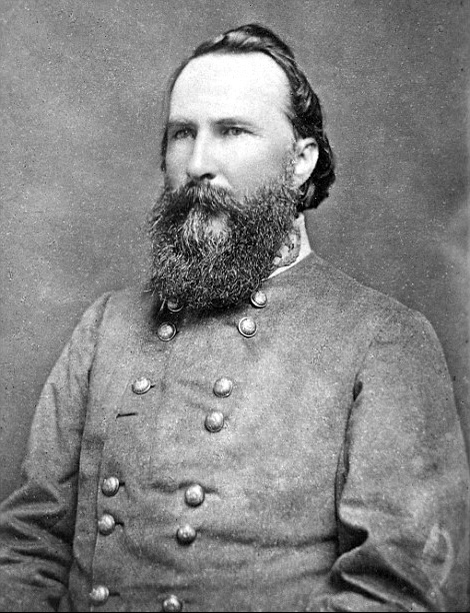Canada's defensive plans in the 19th century consisted largely of building forts and negotiating (via Britain) demilitarization treaties (for example both sides agreed not to have heavy fortifications on the Great Lakes). The "scorched earth" plan originated with Lt. Colonel James Sutherland Brown
Correction it called for a pre-emptive strike if they think a war is imminent. Of course if a war were actually imminent the the USA would prepare for it, so the only way Defence Scheme 1 goes off with Canada seizing large swaths of the northern United States and implementing a scorched earth policy is if it occurs either out of paranoia or because of something between the United States and Britain sets it off.
I never said there wouldn't be resistance. I was talking about your assumption that Americans wouldn't have the will to fight if attacked. A strong determination to win can help a weaker opponent defeat a stronger less determined one, but it's not that helpful if the stronger opponent is determined to win.
No. Just no. The United States didn't want a war, and neither did Canada or Britain. That is why there was no invasion of Canada in the 1890s. Why would a country that had just experienced what total war was like over a large swath of the North American continent want to repeat the experience? The thing about large scale wars is even if you "win" that doesn't necessarily make you better off than you would be without the war. Exhibit A, see how Britain was weakened by the World Wars despite winning both of them. At any rate Americans could rationalize violating principles of consent of the governed when it came to Mexicans, native Americans, Cubans etc because of racism. That's not going to work between a British settler-state and a former British settler state, and if you're interested in bringing up 1812 as a counterpoint, that only happened because the British policy of impressment, ie kidnapping American sailors. One more thing, you keep bringing up Vietnam. Did it ever occur to you that events between the 1890s and 1960s might have changed American attitudes during that time?

